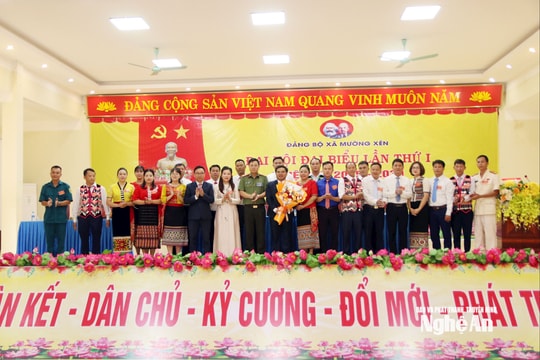Need to improve the effectiveness of questioning in the Party
According to many experts, questioning activities within the party still have many shortcomings. Questioning within the party at all levels has not been carried out regularly.
The implementation of the Questioning Regulations within the Party is identified as an important solution to practice democracy, improve the Party's leadership capacity and fighting strength. Recent practice shows that the implementation of these Regulations has brought about practical results. However, in reality, there are still some limitations and shortcomings that need to be overcome soon.
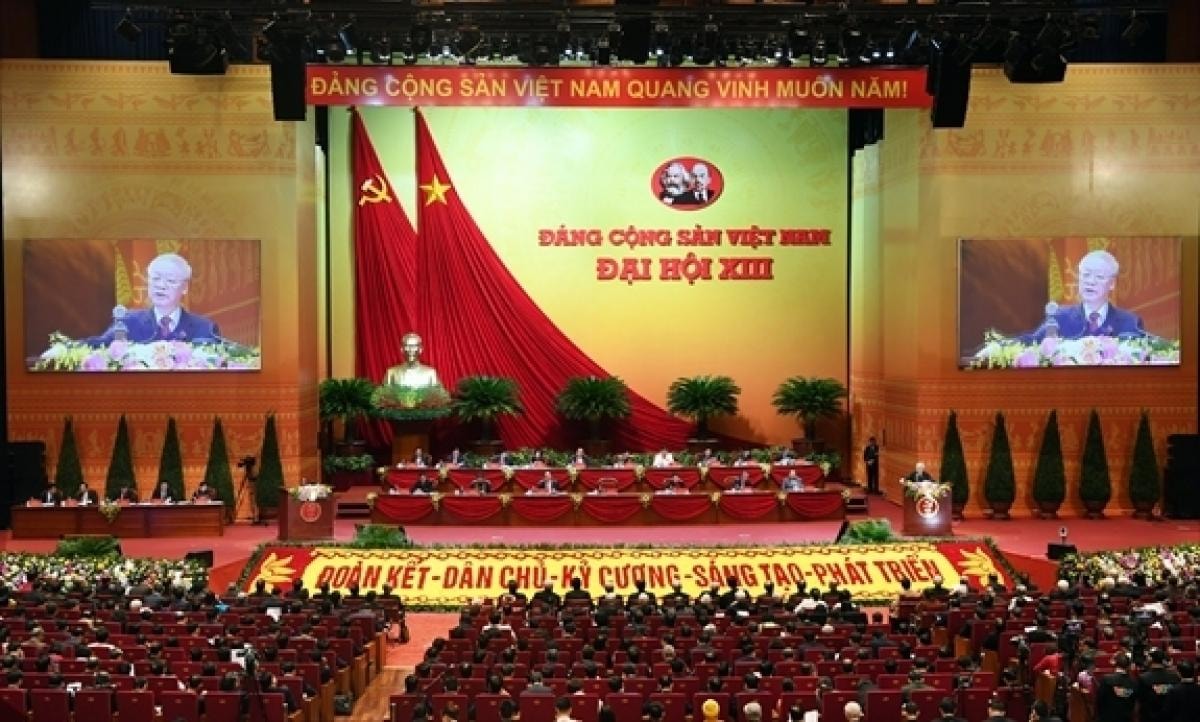 |
13th National Party Congress. |
Questioning to promote the fighting strength of Party organizations
Questioning and answering questions in the Party is when Party members ask and receive answers about the implementation of functions, tasks, and powers of Party organizations or responsibilities, standards, and Party members, except for confidential issues as prescribed by the Party and the State. The purpose and requirements of questioning and answering questions are to promote democracy, enhance the responsibility and leadership capacity, and fighting strength of Party organizations and Party members, especially Party members holding leadership and management positions.
Questioning contributes to preventing and stopping violations in the performance of assigned duties and tasks and preserving the moral qualities and lifestyle of Party members and officials; strengthening solidarity and unity within the Party.
Dr. Nguyen Van Hao, Regional Political Academy 3, said that questioning activities within the Party are one of the forms of inspection and supervision, contributing to controlling the power of organizations within the Party apparatus.
In practice, many Party committees have implemented questioning within the Party and initially affirmed its effectiveness; contributing to innovation in the Party's leadership methods and working styles of Party members and cadres.
“Up to now, we have had regulations on questioning and guidelines for conducting questioning within the Party. In fact, there have been places where the regulations on questioning within the Party have been deployed and implemented, and the initial results have been confirmed; contributing to the innovation of the style and leadership methods of Party committees at all levels from the actual implementation of their tasks at the grassroots level,” said Dr. Nguyen Van Hao.
Mr. Luong Van Xich - Secretary of the Party Committee of Nhi Son Commune, Muong Lat District, Thanh Hoa Province said that strictly implementing the Questioning Regulations within the Party not only helps the Party gain more capacity, prestige and strength but also acts as a close connection between the Party's will and the people's will. In recent years, local Party committees have paid great attention to implementing questioning activities in accordance with the Central's regulations.
“This issue is extremely important. If we do not question and resolve it promptly, it is like we carry out work without supervision or re-checking. We do not know whether the work we do is effective or not, whether it reaches the people or not” - said the Secretary of the Nhi Son Commune Party Committee.
Questioning within the Party has not yet achieved its set goals.
However, according to the assessment of many experts on party building work, the current questioning activities within the party still have many shortcomings. Questioning within the party at all levels has not been carried out regularly and continuously; the quality of questioning is not high, not really meeting the set goals and requirements.
Mr. Nguyen Duc Ha - former Head of the Department of Party Grassroots Organization, Central Organization Committee stated: “Questioning within the Party is a regular task of Party organizations at all levels. However, this has not been carried out regularly. At the Central Executive Committee Conferences, there have been many times of questioning before the Central Executive Committee. But after that, I saw that this became less frequent. At lower levels, it is clear that questioning within the Party has not been carried out regularly and seriously. The quality of questioning has not really met the goals and requirements.”
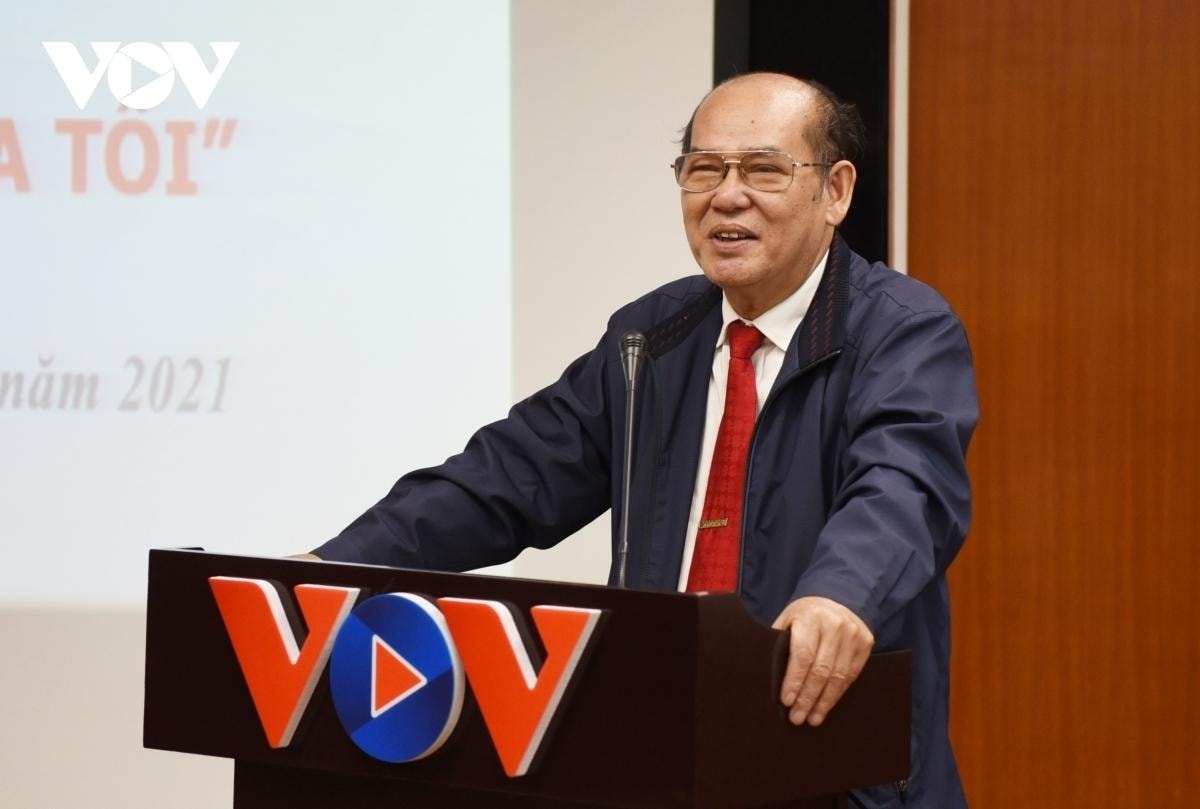 |
Mr. Nguyen Duc Ha - former Head of the Department of Party Grassroots Organization, Central Organization Committee. |
The Party's questioning regulations are one of many regulations on Party organization and activities, but they have received little attention, implementation, and enforcement in recent times. This is one of the reasons why many violations are not detected early and prevented from afar.
Reasons for ineffective questioning
Questioning within the Party is identified as an important solution to practice democracy, improve the leadership capacity and fighting strength of the Party. However, in reality, the implementation of the questioning regulations within the Party has not yet become a regular and widespread activity in Party organizations. The content of questioning is still poor, not really focused, and still avoids many pressing issues.
Why and how can questioning activities in the Party be truly effective? Associate Professor, Doctor Bui Dinh Bon, former Scientific Secretary of the Central Theoretical Council, cited a series of limitations in implementing the current questioning regulations in the Party, such as: Although many Party Executive Committee conferences have set aside time for Party Committee members to exercise the right to question, the number of registrations for questioning at these meetings is still low, even very low.
In many places, the questioning method is similar to criticism, self-criticism, and giving feedback in response to questions. Many Party committees have not boldly implemented questioning, and attention has not been paid to archiving records, summarizing, and concluding.
There are many reasons for the above shortcomings and limitations. The most fundamental reason is that the questioning regulations in the Party have not been fully understood by Party committees and Party members at all levels and have not been resolute in organizing and implementing them.
Many Party committees and leaders are still hesitant and even show signs of avoiding implementation in practice for personal gain while the regulations on questioning are also incomplete.
Dr. Bui Dinh Bon emphasized: “I think the deepest and biggest cause is individualism, personal interests, and group interests, which lead to avoidance of fighting within the Party Committee. Because personal interests and group interests are put first, many people know but do not speak up. Besides, we have not yet promoted the implementation of the principle of democratic centralism and the principle of collective leadership. Furthermore, the policy mechanism still has many loopholes.”
Mr. Pham Ngoc - Former Head of the Political Theory Department, Hanoi Party Committee's Propaganda Department, said that questioning in the Party is not good because both the Party Committee leaders and Party Committee members and Party members do not fully understand the meaningful role of this activity.
On the other hand, this is influenced by psychological barriers and the interests of both the questioner and the questioner. Meanwhile, the Party's regulations on questioning are not consistent and do not mention the responsibility and sanctions for the Party Committee and the head of the Party Committee when they do not conduct questioning according to regulations.
How to make questioning effective?
For the Party's questioning regulations to be truly effective, we need to amend and supplement regulations in the direction of expanding the right to question for Party members; publicize the questioning and answering activities of Party committees for Party members and the people to inspect and supervise; and at the same time clearly stipulate the responsibilities and specific sanctions for Party committees and leaders in carrying out questioning activities.
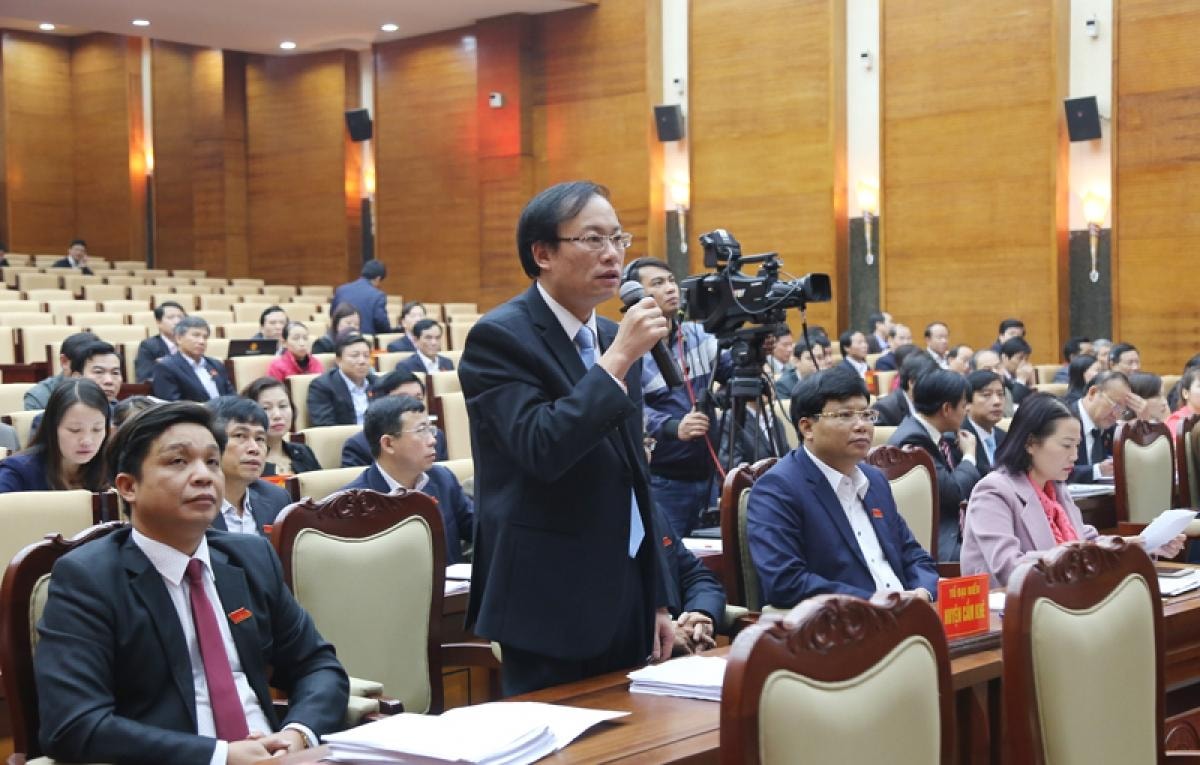 |
Ho Chi Minh City Party members question and answer questions. |
“First, we need to amend and supplement the documents accordingly. Second, we need to have specific sanctions to organize inspection and supervision of implementation; there must be a summary of the implementation of this regulation like other resolutions and directives” - Former Head of the Political Theory Department, Hanoi Party Committee's Propaganda Department said.
When discussing solutions to make questioning activities in the Party more substantial and become a regular activity in the Party, Associate Professor Dr. Le Van Cuong - Deputy Director of the Institute of Party Building, Ho Chi Minh National Academy of Politics proposed many solutions.
Associate Professor, Dr. Le Van Cuong emphasized: “First of all, we must propagate and clarify the awareness of party members. Especially ordinary party members, then party committee members. One of the measures to promote democracy is to be public. Therefore, questioning activities should also have the nature of expanding democracy in the direction of publicity, except for areas of state secrets.
"Leaders and Party committees must also set an example. If we do this well, I think that the regulations in general and the regulations on questioning in the Party in particular will come into practice and Party members will be able to promote their roles" - Dr. Le Van Cuong shared.
In order for the Party's questioning regulations to come into practice, in addition to strengthening awareness education for Party members, it is necessary to supplement and amend the Regulations on building a mechanism so that all ordinary Party members can conduct questioning at Party conferences according to the Party Charter. In addition, it is necessary to develop more regulations on the regime and responsibility to determine the system of sanctions and handling of violations in questioning and answering activities, such as developing a questioning process at Party conferences; stipulating the highest sanctions, in which there should be a vote of confidence for Party organizations and Party members answering questions./.

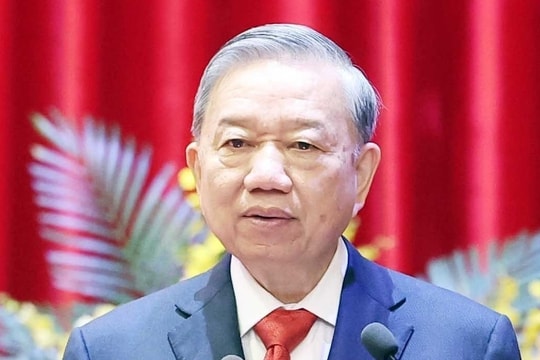
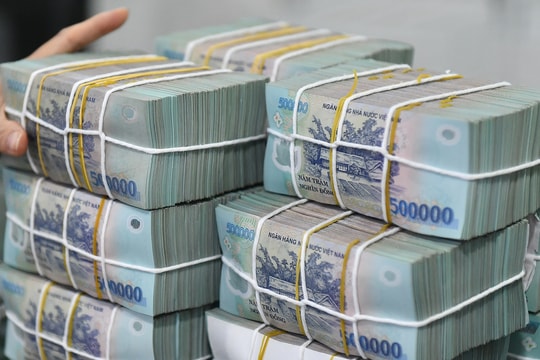
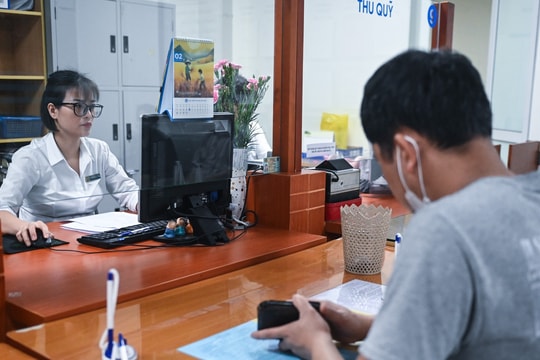
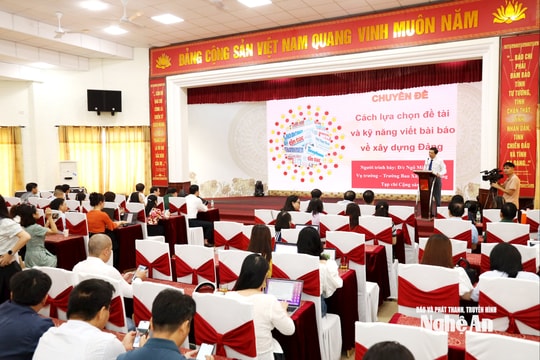
.jpg)

